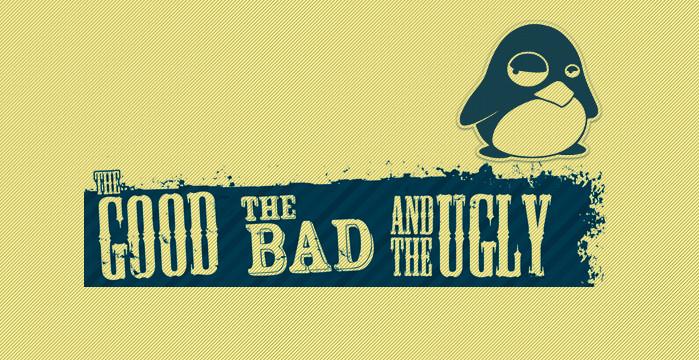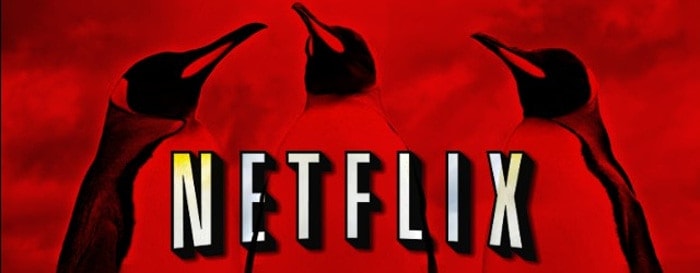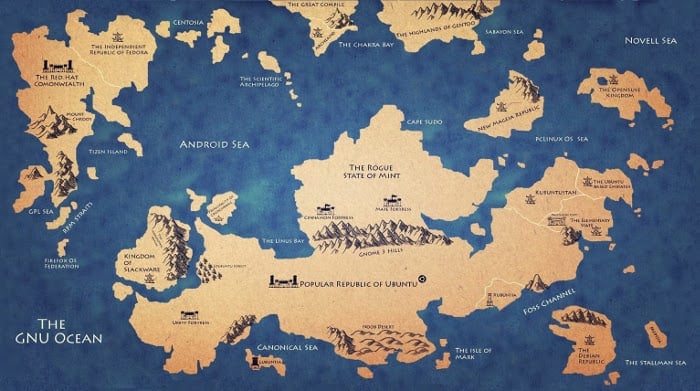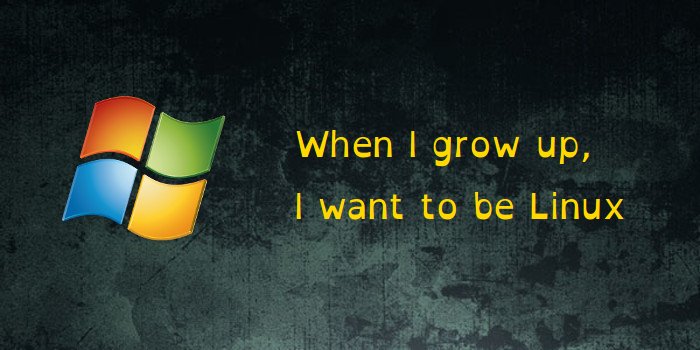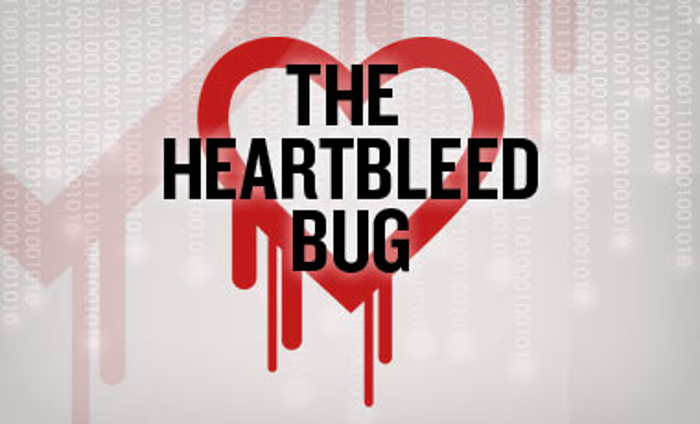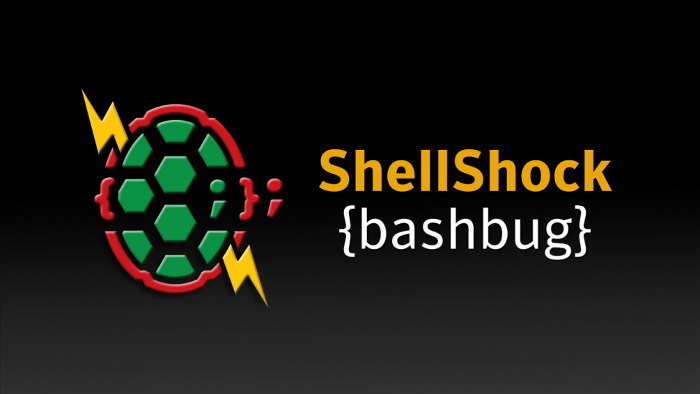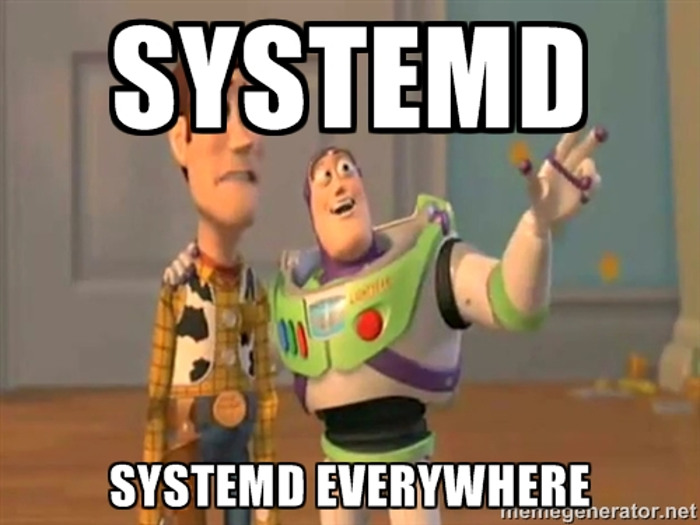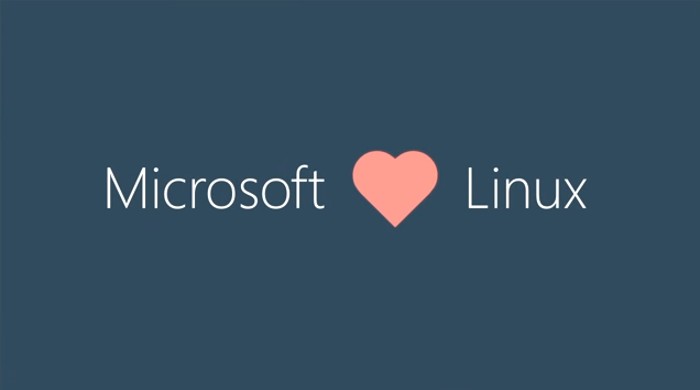Year 2014 is coming to an end and this is the time to summarize some of the biggest Linux stories in year 2014. All year round we have followed some good, some bad and some ugly stories related to Linux and Open Source. Let’ have a quick recap on how was the year 2014 for Linux.
The Good
First and foremost, let’s see what were the positive stories for Linux lovers in 2014.
Netflix on Linux
Linux users have been trying several workaround to make Netflix work on Linux from using Wine to using beta features in Chrome. Good thing is that Netflix finally brought native support on Linux in year 2014 bringing smiles on the faces of Linux users where Netflix is available. People would still have to rely on workaround to use Netflix outside US (and other countries where Netflix is available officially).
Open Source/Linux adoption in European countries
Give the credit to economic meltdown, if you want, but Linux and Open Source adoption has been gripping European cities. I am not talking about Linux adoption by individuals but by government and authorities. All year round we heard stories of how French and Italian cities saved millions of Euro by switching to Linux and Open Office. And the trend was not limited just to Italy and France, the same could be seen in Spain, Switzerland and Germany.
Windows 10 takes inspiration from Linux
The upcoming release of Microsoft’s flagship operating system, Windows will be called Windows 10 (no Windows 9). And Windows 10 boasts of a number of new features. But these ‘new features’ are new to Microsoft world only and most of those have been existing in Linux world for years. Have a look at such Windows 10 features copied from Linux.
The Bad
Everything was not rosy for Linux in year 2014. Some events happened that dented the image of Linux/Open Source.
Heartbleed
In April this year, a vulnerability was detected in OpenSSL. This bug, named Heartbleed, impacted over half a million ‘secured’ websites including Facebook and Google. The bug actually allowed anyone to read memory of the system and hence giving the access to the key that is used to encrypt the traffic. A comic at xkcd explains the Heartbleed in easier way. Needless to say that this vulnerability was fixed in an update to OpenSSL.
Shellshock
As if Heartbleed was not enough, Linux world was further rocked in September with a vulnerability in Bash. The bug, named Shellshock, further put Linux system at risk of remote attacks. The vulnerability was exploited by hackers to launch DDoS attacks. An update to Bash version supposedly fixed the issue.
Ubuntu Phone and Steam Console
Promises after promises, hopes after hopes. But even in year 2014 no one saw Ubuntu Phone or Steam gaming consoles. Lots of talks were around Ubuntu Phone tough. From February 2014 release to September to December, finally it is (hopefully slotted) for February 2015 release. No information on Steam consoles though. Read more for Ubuntu Phone specification, price and release date.
The Ugly
Things turned ugly with war over systemd adoption.
systemd controversy
init vs systemd dispute is going on for some time. But it turned ugly in 2014 as systemd poised to replace init on several major Linux distribution including Debian, Ubuntu, OpenSUSE, Arch Linux and Fedora. It turned so ugly that it was not just limited to boycottsystemd.org like websites. Lennart Poettering (lead developer and author of systemd) claimed in a Google Plus post that anti systemd people were “collecting bitcoins to hire a hitman to kill him”. Lennart went on calling Open Source community “a sick place to be in”. People have taken this battle as far as forking Debian to a new OS named Devuan.
And the weird
Along with the good, the bad and the ugly comes the weird and that weird is none other than Microsoft.
Microsoft loves Linux
Yes! You read it right. Microsoft loves Linux. The same Microsoft whose CEO Steve Ballmer had once said that Linux is cancer. Change in Microsoft leadership saw some changes in its approach towards Linux and Open Source when the new CEO Satya Nadella announced that Microsoft loves Linux. This new found love for Linux is actually Microsoft’s attempt to make Azure as a better cloud platform. For this purpose it needs Hyper-V (core of Azure) virtualization to work with Linux. This desperation has made Microsoft, fifth biggest contributor to Linux kernel.

